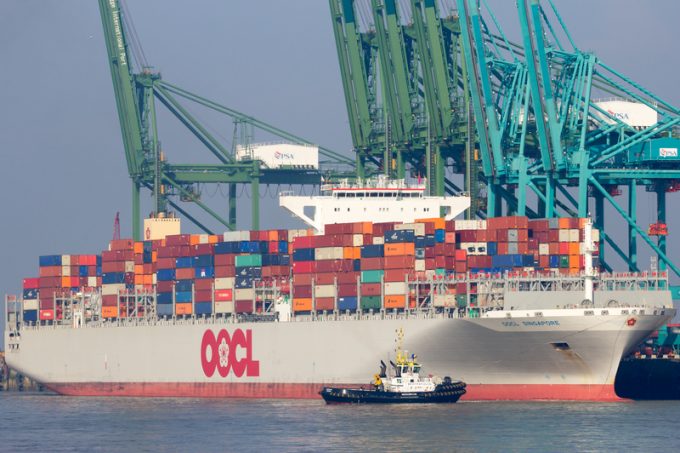UK transport cheers as Lower Thames Crossing gets green light
One of the UK’s largest infrastructure projects has been greenlit after the country’s Department for ...

Nearly a quarter of the scheduled port calls of Asia-North Europe alliance loops were omitted in the past five months, according to an Alphaliner survey.
The consultant found the three alliances had cancelled 383 calls during the period, attributed to port congestion, throwing the supply chains of thousands of shippers into disarray.
Importers have found their containers off-loaded at ports not in the original shipping plan and subjected to lengthy and fragmented relay services, while exporters have seen their cargo stranded at ...
Volcanic disruption at Anchorage could hit transpacific airfreight operations
Macron calls for ‘suspension’ – CMA CGM's $20bn US investment in doubt
De minimis exemption on shipments from China to the US will end in May
Forwarders stay cool as US 'liberation day' tariffs threaten 'global trade war'
Trump tariffs see hundreds of cancelled container bookings a day from Asia
Mixed response in US to 'Liberation Day', while China leads wave of retaliation
Tariffs and de minimis set air freight rates on a volatile course


Comment on this article